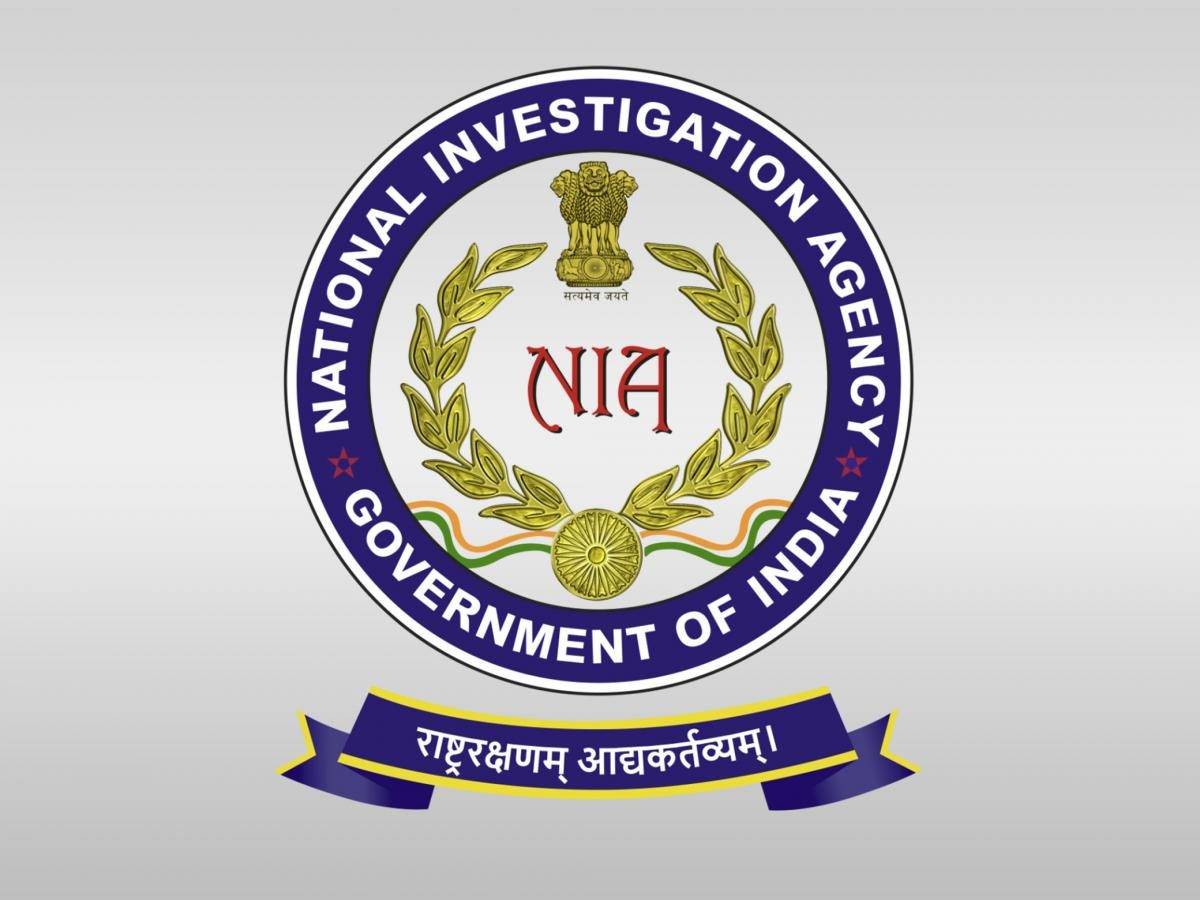
Centre Sets Up Special NIA Court In Manipur For Trial Of Ethnic Violence Cases (image/nia.gov.in)
Manipur: Amid ongoing ethnic tensions in Manipur, the Ministry of Home Affairs (MHA) has designated the Sessions Court in Churachandpur as a Special National Investigation Agency (NIA) Court to handle cases linked to the ethnic violence in the state. The move comes as part of efforts to expedite the legal process in high-profile cases being probed by the NIA.
According to an official notification issued on Thursday, the central government, in consultation with the Chief Justice of the High Court of Manipur, invoked Section 11 of the National Investigation Agency Act, 2008, to designate the court of the District and Sessions Judge, Churachandpur, as the special NIA court.
Also Read | “Violating The Federal Structure”: Supreme Court Rebukes ED Over TASMAC Raids
The jurisdiction of the special court shall extend throughout Manipur, the notification added.
The decision follows the NIA taking over three critical cases stemming from the ethnic clashes that erupted on May 3, 2023. Among the cases being investigated is the abduction and killing of six women and children in Jiribam, along with several other violent incidents. These cases were formally registered by the NIA in November 2024 after the MHA transferred them due to the severity of the crimes and the persistent unrest.
The ethnic violence in Manipur began following protests by Kuki-Zo tribal communities in the hill districts against a Manipur High Court recommendation to grant Scheduled Tribe (ST) status to the Meitei community, which predominantly resides in the Imphal valley. The unrest quickly escalated into widespread violence between the Meiteis and Kuki-Zo groups, leading to a prolonged humanitarian crisis in the Indian state.
At least 260 people lost their lives, and thousands were displaced due to the conflict, with many still living in relief camps. The violence also led to deep communal divisions, destroyed infrastructure, and a collapse of law and order in several districts.
Also Read | Out On Bail In Rape Case, Karnataka BJP MLA Munirathna Booked Again For Gang Rape
In response to the deteriorating situation, the Central Government imposed President’s Rule in Manipur on February 13, 2025, following the resignation of Chief Minister N Biren Singh on February 9.
The Manipur State Assembly, which has a tenure until 2027, was placed under suspended animation.
Governor Ajay Kumar Bhalla has since undertaken various initiatives to restore peace, including engaging local communities and attempting to reopen key roads and transport links. However, efforts to normalise the situation have met with limited success due to ongoing tensions and incidents of violence.












